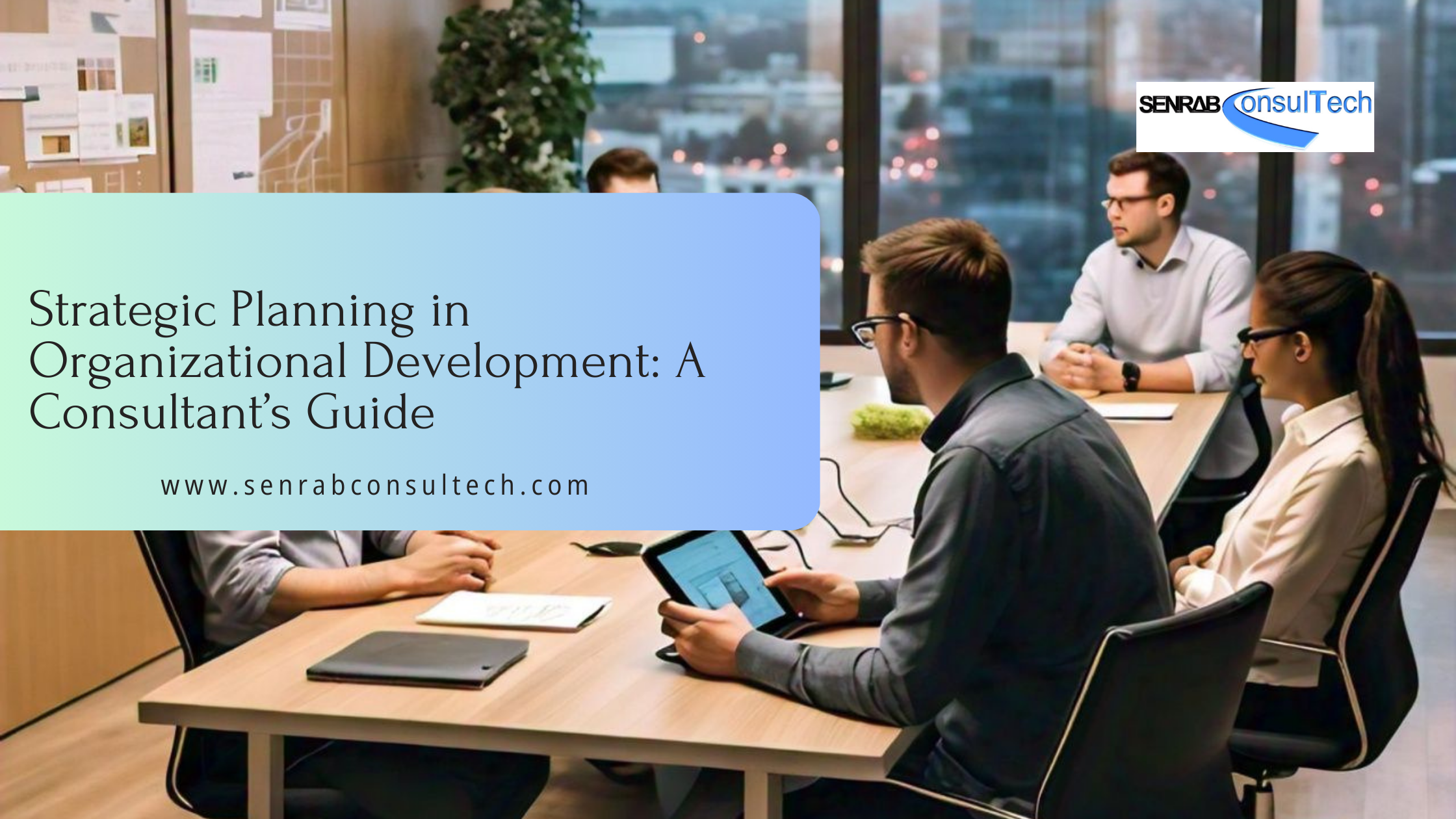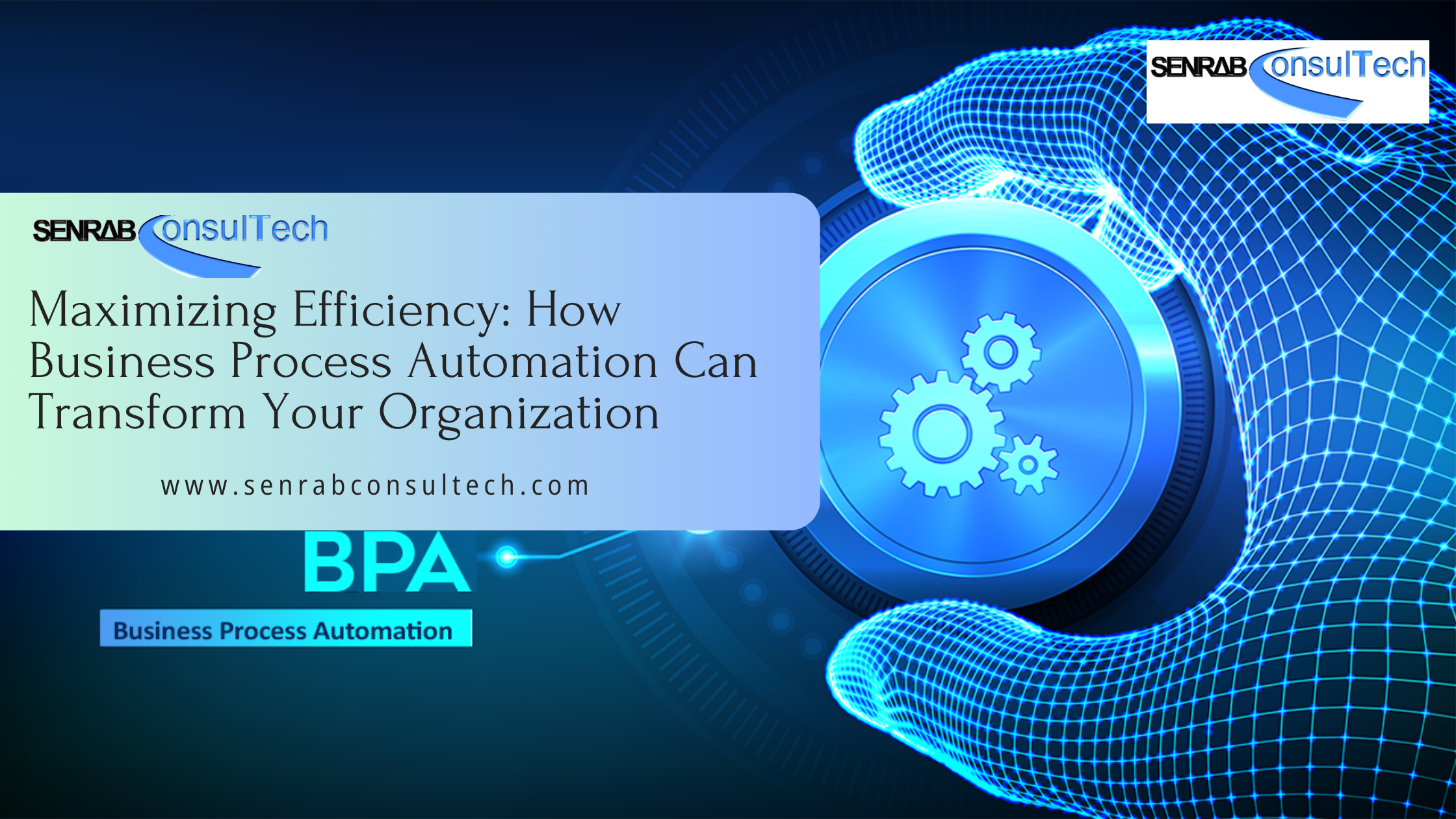Talent management has become one of the most critical components of organizational success in today’s work and competitive business environment. As we look towards 2025, the need for effective talent management strategies is more important than ever.
With the growing complexity of the workforce, companies must leverage advanced tools to attract, develop, and retain top talent. HR software has emerged as a key enabler in this process, offering innovative solutions to enhance every aspect of talent management.
This article explores the pivotal role HR software will play in modern talent management strategies as we approach 2025.
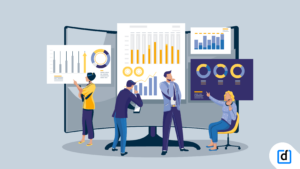
Enhancing Talent Acquisition With HR Software
Talent acquisition is the first step in the talent management process, and HR software is revolutionizing how companies attract and hire top talent. In the past, recruitment was a time-consuming and often cumbersome process, involving numerous manual tasks. However, HR software has streamlined these processes, making it easier to manage the entire recruitment cycle efficiently.
One of the most significant advantages of HR software in talent acquisition is its ability to automate tasks. Features like AI-driven candidate screening and predictive analytics enable HR teams to sift through large volumes of applications quickly, identifying the most suitable candidates based on predefined criteria. This not only speeds up the hiring process but also ensures that the best candidates are shortlisted.
Moreover, HR software provides data-driven insights that are invaluable in making informed hiring decisions. By analyzing trends in candidate behavior, job market conditions, and company needs, HR teams can tailor their recruitment strategies to attract candidates who align with the company’s culture and long-term goals. This data-driven approach enhances the quality of hires and reduces turnover rates, ensuring that the organization builds a strong and stable workforce.
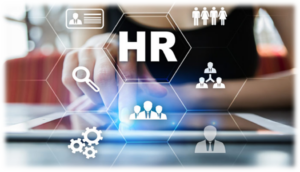
Personalized Onboarding And Development
The onboarding process is crucial for integrating new hires into the company and setting the stage for their future success. HR software plays a vital role in creating personalized onboarding experiences that make new employees feel welcomed and prepared from day one.
With HR software, companies can design tailored onboarding programs that cater to the specific needs of each new hire. Automated workflows ensure that new employees receive the right training materials, complete necessary paperwork, and are introduced to their teams seamlessly. By customizing the onboarding experience, companies can help new hires acclimate more quickly, boosting their confidence and productivity.
In addition to onboarding, HR software supports continuous learning and development, a cornerstone of effective talent management. The software allows for the creation of personalized learning paths, where employees can access training modules that are relevant to their roles and career aspirations.
Through e-learning platforms and performance tracking features, HR software helps employees develop the skills they need to succeed, fostering a culture of continuous improvement and growth.
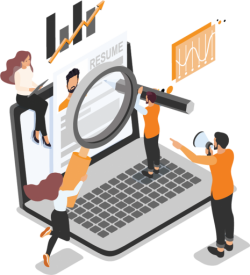
Performance Management And Employee Engagement
Effective performance management is essential for maximizing employee potential and achieving organizational goals. HR software has transformed how performance is monitored and managed, offering tools that provide real-time insights into employee performance.
One of the key benefits of HR software in performance management is its ability to track goals and objectives in real time. Employees can set goals within the software, and managers can monitor progress, provide feedback, and make adjustments as needed. This continuous feedback loop ensures that employees remain aligned with company objectives and are motivated to perform at their best.
HR software also plays a crucial role in boosting employee engagement, a critical factor in talent retention. By providing platforms for recognition, feedback, and communication, HR software fosters a positive work environment where employees feel valued and connected. Engaged employees are more likely to be committed to the organization, leading to higher productivity and lower turnover rates.
Succession Planning And Workforce Analytics
As organizations plan for the future, succession planning becomes increasingly important. HR software offers robust tools for identifying and developing future leaders, ensuring that companies have a steady pipeline of talent ready to step into key roles.
With HR software, HR teams can create talent maps that highlight potential successors for critical positions. The software can assess employees’ skills, performance, and career aspirations, helping managers identify individuals who are well-suited for leadership roles.
By investing in the development of these high-potential employees, companies can ensure that they are prepared for leadership transitions, minimizing disruption and maintaining continuity.
Workforce analytics, another powerful feature of HR software, provides strategic insights that inform talent management decisions. Predictive analytics can identify skill gaps, forecast workforce trends, and align talent strategies with business goals. By leveraging data-driven insights, HR teams can proactively address talent needs, ensuring that the organization remains agile and competitive in the face of change.
The Future Of Talent Management With HR Software
As we approach 2025, the landscape of talent management is poised for significant transformation, driven by technological advancements and evolving workforce expectations. HR software will continue to be at the forefront of this evolution, offering innovative solutions that enhance every aspect of talent management.
One of the emerging trends in talent management is the integration of artificial intelligence (AI) and machine learning into HR software. These technologies enable more accurate predictions, smarter decision-making, and personalized experiences for employees.
For example, AI-powered chatbots can provide instant support to employees, answering questions and guiding them through HR processes. Machine learning algorithms can analyze employee data to identify patterns and recommend personalized development opportunities.
Another trend shaping the future of talent management is the rise of remote work. HR software is essential in managing remote teams, offering tools for virtual onboarding, performance management, and employee engagement. As remote work becomes more prevalent, HR software will play a critical role in maintaining a connected and engaged workforce, regardless of location.
Conclusion
HR software is not just a tool; it is a strategic asset that enables companies to implement effective talent management strategies. From enhancing talent acquisition to personalized onboarding, performance management, succession planning, and workforce analytics, HR software provides the foundation for building a strong and agile workforce.
As we move towards 2025, organizations that leverage advanced HR technologies will be better positioned to attract, develop, and retain top talent, driving long-term success in an increasingly competitive market.
Investing in HR software is an investment in your organization’s future. By embracing the power of HR technology, you can create a talent management strategy that not only meets the demands of today but also prepares your company for the challenges and opportunities of tomorrow.
Discover how SeamlessHR can transform your talent management strategy for 2025. Contact Senrab ConsulTech today to request a demo and see firsthand how our innovative HR software solution can streamline your recruitment, onboarding, performance management, and more. Elevate your HR processes and build a future-ready workforce with SeamlessHR!
